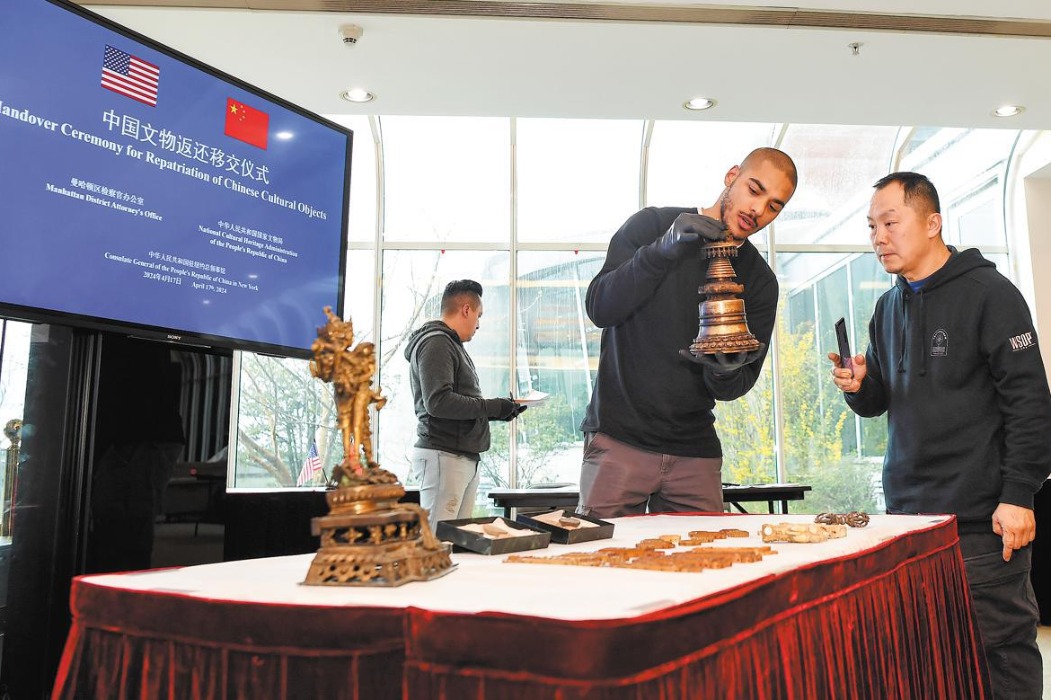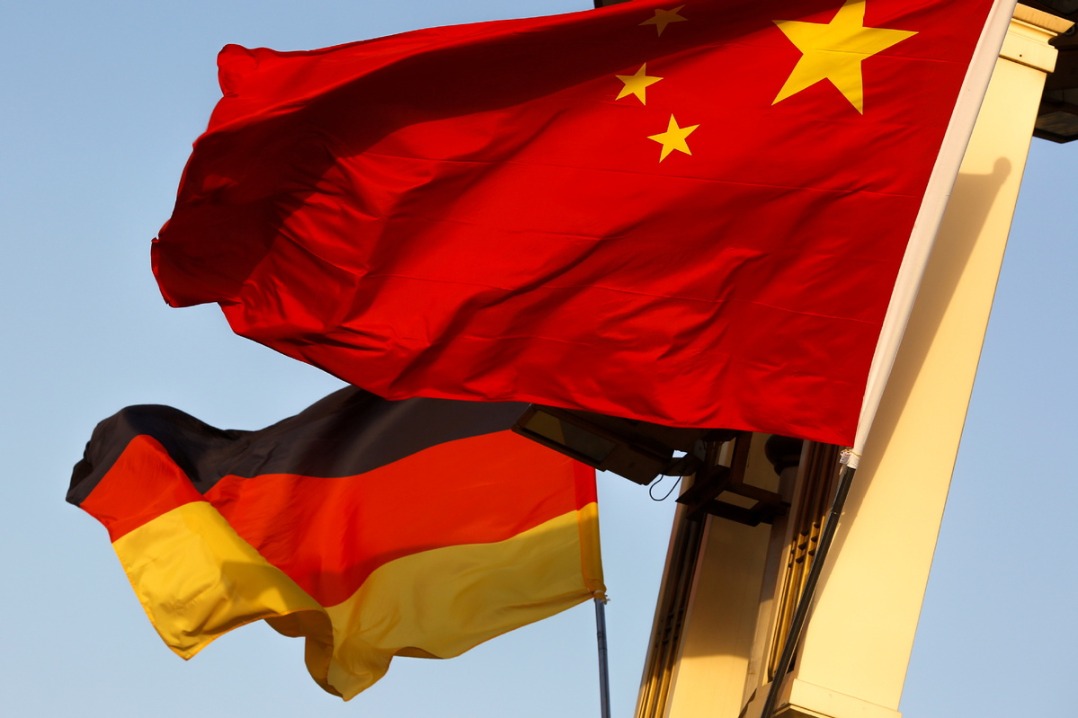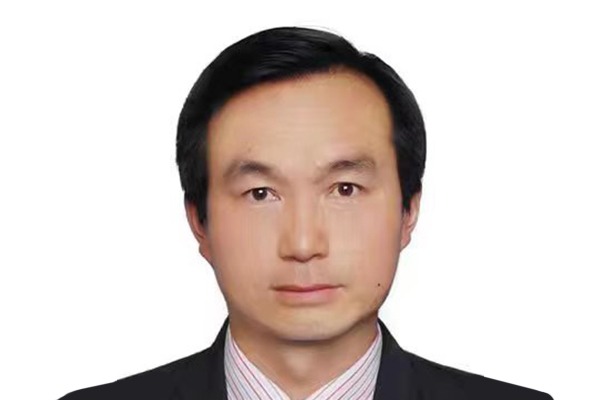Confidence in culture vital to renaissance

In recent years, President Xi Jinping has been reiterating that, to revive the nation, we must remain confident as ever of the path, theories, system and culture of socialism with Chinese characteristics. Artists should learn to draw essence and power from Chinese culture to create classical works to inspire people.
How should the country and individuals draw confidence from Chinese culture? And what is the relationship between the cultural heritage of more than 5,000 years and cultural confidence?
It's not easy to understand the far-reaching significance of the Communist Party of China's confidence in the path, theories, system and culture of the country despite many of these aspects being part of individuals' daily lives. Even if a person is determined to achieve a goal, he or she may face problems when it comes to having cultural confidence based on his own character and morals. But the person could figure out his or her life's goal (path), the reasons behind that goal (theories) and the best way to realize that goal (system). And cultural confidence can inspire that person to achieve his or her goal.
In the same way, cultural confidence can help a country to pursue and achieve the dream of national rejuvenation.
In the past, doubts about our traditional culture undermined our cultural confidence, and forced us to wander in search of the right answers for individual and social emancipation. The lack of the right approach to traditional culture could prompt many people to conceive it as listless, if not flawed.
Many Chinese TV dramas have highlighted the wiliness of officials, the trickeries of the job market, the crisis of trust in interpersonal relationships and the "power" of vested interest groups. When audiences seem convinced that humans by nature are weak and thus susceptible to corruption, it becomes necessary to aggressively promote morality and probity in society.
Thanks to China's strengthening national power and the top leadership's promotion of traditional culture as a unique strategic resource, the public has gradually come to realize that traditional culture needs to be put on the development agenda.
By giving a new life to traditional culture, the Party has profoundly strengthened our cultural confidence in the future in at least four aspects.
First, the revival of traditional culture offers a solid basis for the rejuvenation of Chinese nation and realizing the Chinese Dream. The rejuvenation of the nation, however, is not limited to territorial integrity and safeguarding State sovereignty; it also means renaissance of the Chinese civilization.
Second, the revival of traditional culture has strengthened our sense of history and unity. China has a long and profound history, which motivates us to construct our cultural confidence as members of a leading world power, and to help other countries to distinguish China from the rest of the world.
Third, traditional culture's revival can help us find the roots of our civilization while also making it part of our daily life. If we extract the best parts of traditional culture such as friendship, virtue, reciprocity, harmony, benevolence and loyalty, and fit them into the socialist core values, we can trace concepts such as "people-based" society, ecological civilization, rule of law and the emancipation of minds to traditional culture. And by using these concepts to seek solutions to the contemporary society's problems, we can demonstrate our cultural confidence.
And fourth, the revival of traditional culture can invigorate China's power strategy. Amid the trend of global economic integration, traditional cultural concepts such as "all nations live side by side in perfect harmony" and "benevolence and good-neighborliness" will help the peaceful rise of China and contribute to world peace and development.
The author is a professor at the School of Sociology and Population Studies, and a research fellow at the National Academy of Development and Strategy, Renmin University of China.









































